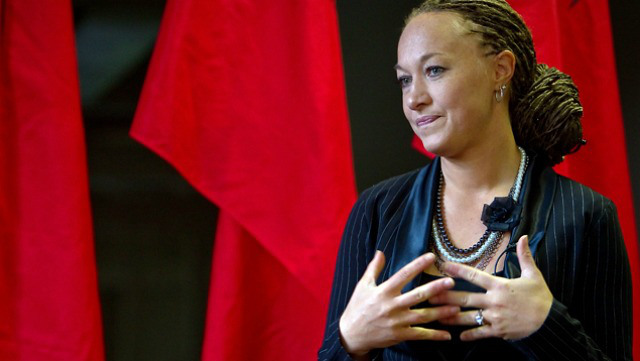Rivoluzione delle Scommesse eSports: Come i casinò online dominano il mercato Il settore delle scommesse eSports sta crescendo a passo spedito, superando persino i tradizionali mercati sportivi. I casino online hanno riconosciuto subito il potenziale e hanno integrato offerte dedicate, creando un ecosistema più ricco per i giocatori. L’analisi mostra…
-
-
CAROL Film Review
It seems it doesn't matter what time period or continent I escape to; girl meets girl can never just happen in peace.
-
The Politics (and Privilege) Behind “Real Names”
This news story about a woman who used pseudonyms to create a Facebook account in order to protect herself from online violence, and then was 'outed' via their perfectly legal yet aloof "real name" policy pissed me off. So I wrote about it.
-
Oh Rachel Dolezal: You Don’t Get to Rebrand White Privilege as Altruism
On rebranding white privilege as altruisim.
-
Afrofeminism - Blog - Creative Corner - Diaspora Diaries - International Development - Philanthropy - Poetry - Race, Culture, Ethnicity - The Political, Personalized
Define Culture
Culture - and how it's defined - has been on my mind for a while. Thanks to National Poetry Writing Month (#NaPoWriMo), I wrote a poemthing about it. Here's "Define Culture." Enjoy.
Online rulet oyunları gerçek zamanlı oynanır ve online slot casino bu deneyimi canlı yayınlarla destekler.
İnternet üzerinden eğlence bahsegel giriş arayanlar için deneyimi vazgeçilmezdir.
Kullanıcıların hesaplarına hızlı ve sorunsuz bettilt ulaşabilmesi için adresi her zaman güncel tutuluyor.



